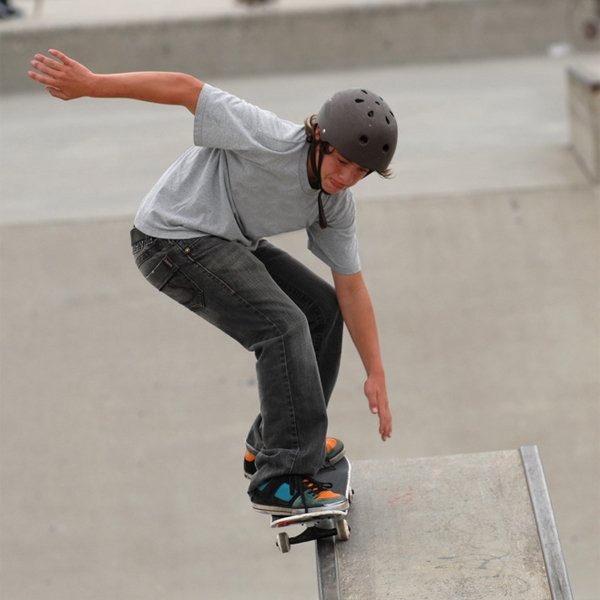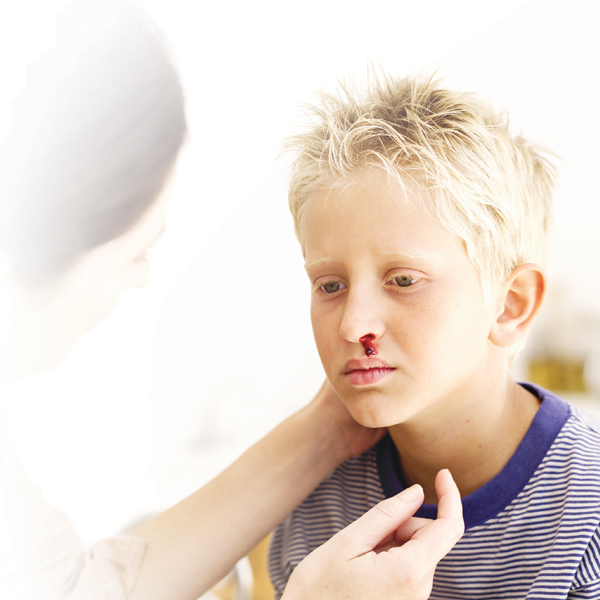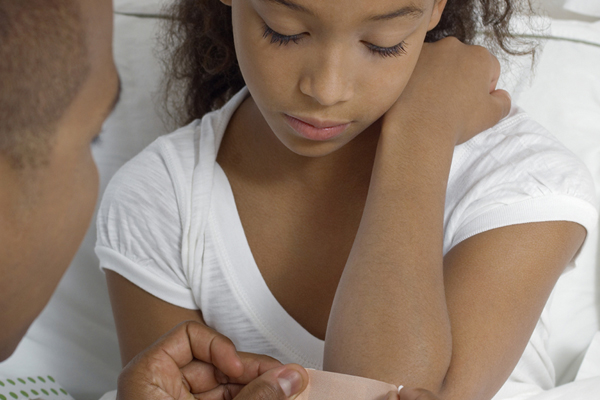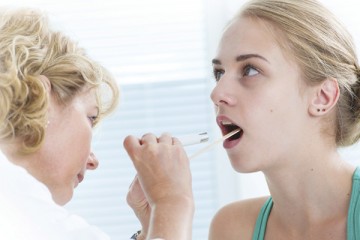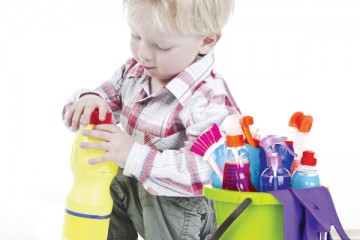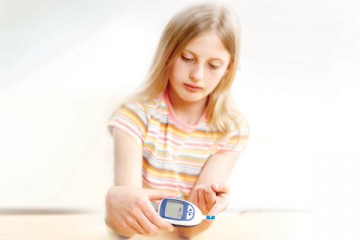When Should I Take My Child to the ED?
Unfortunately, many parents at some time will face the decision of bringing their child to the emergency department (ED). It can be a scary and confusing situation for children and parents alike, but this list of frequently asked questions about ED visits might help settle confusion.
